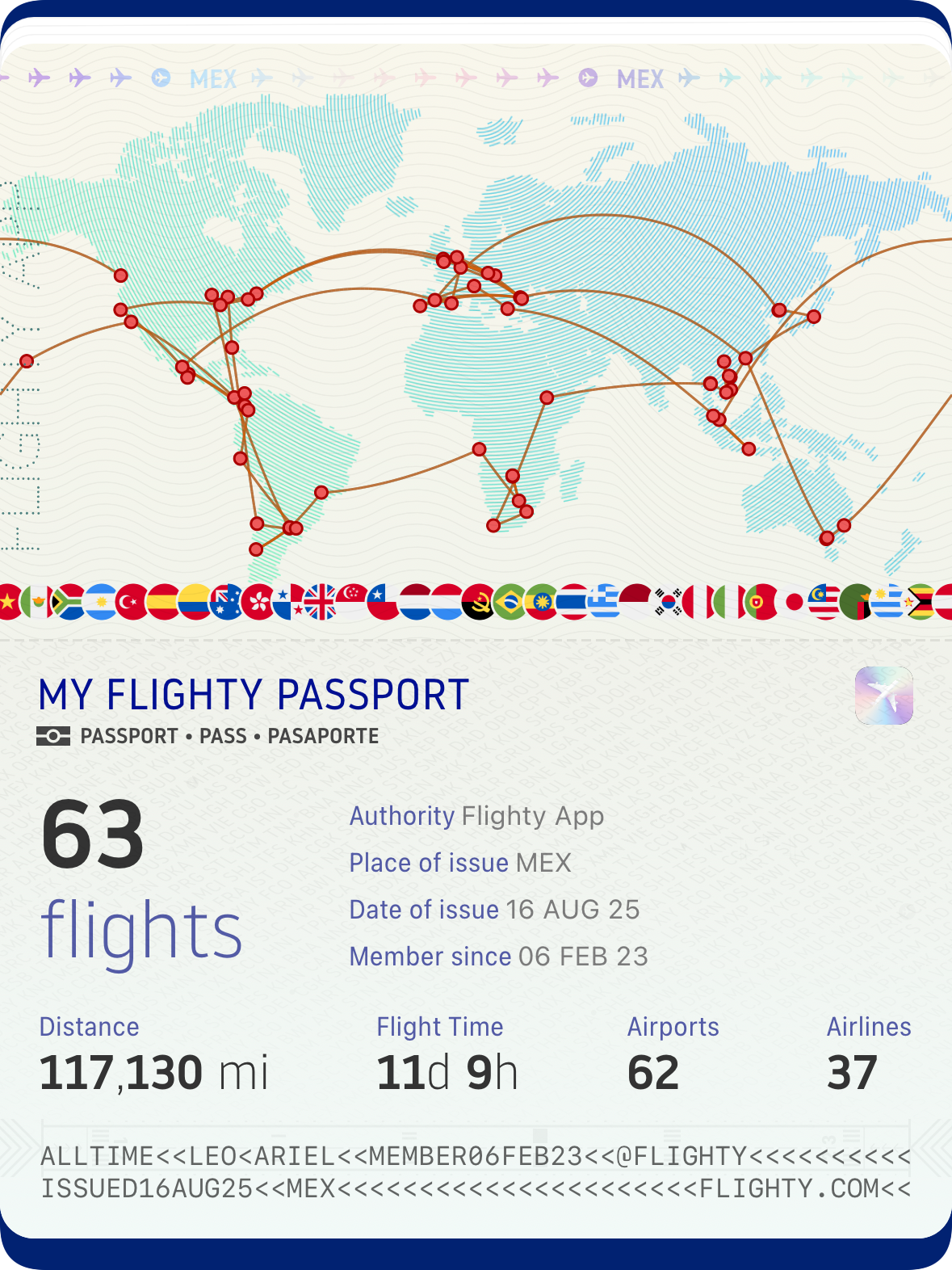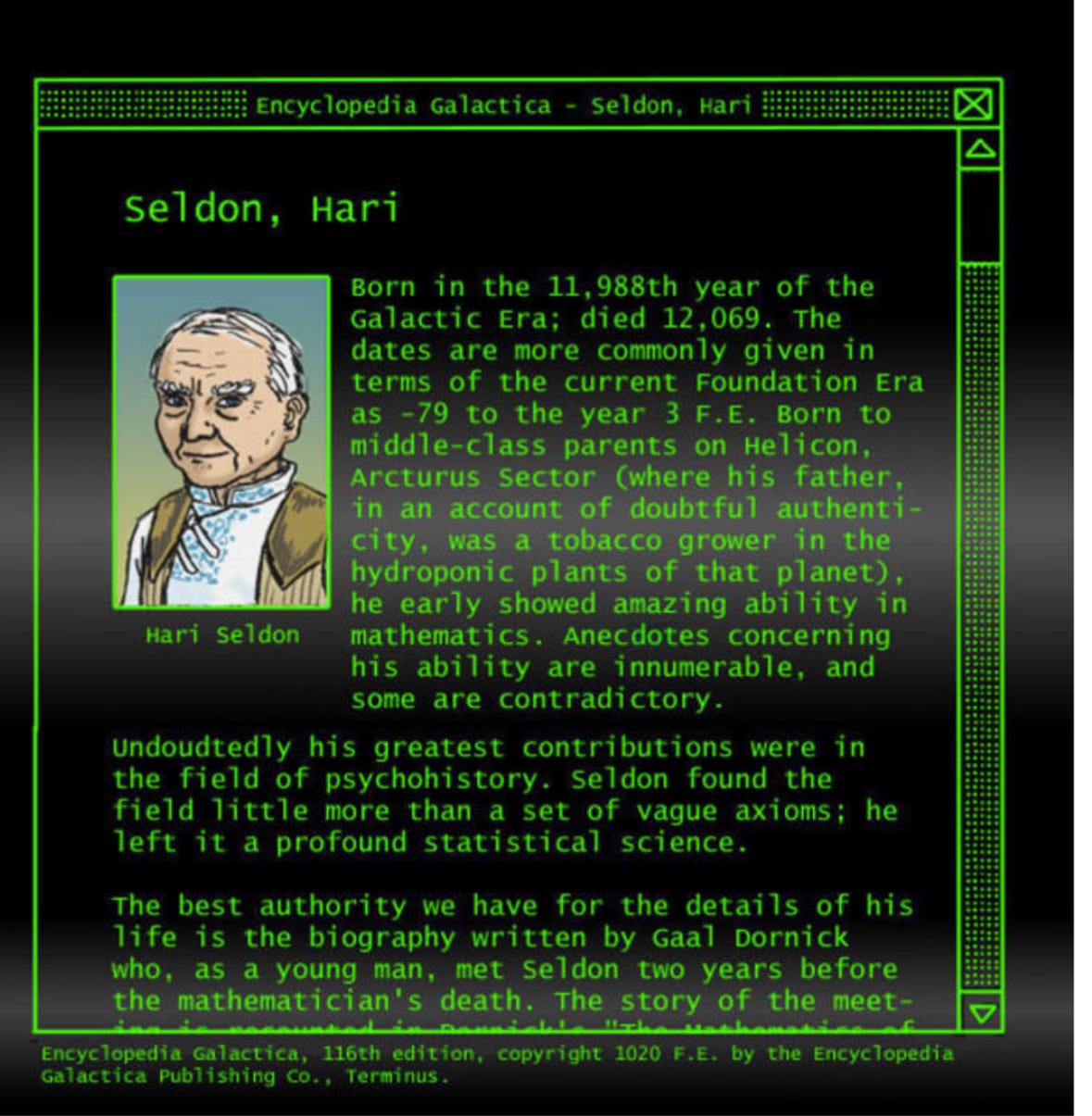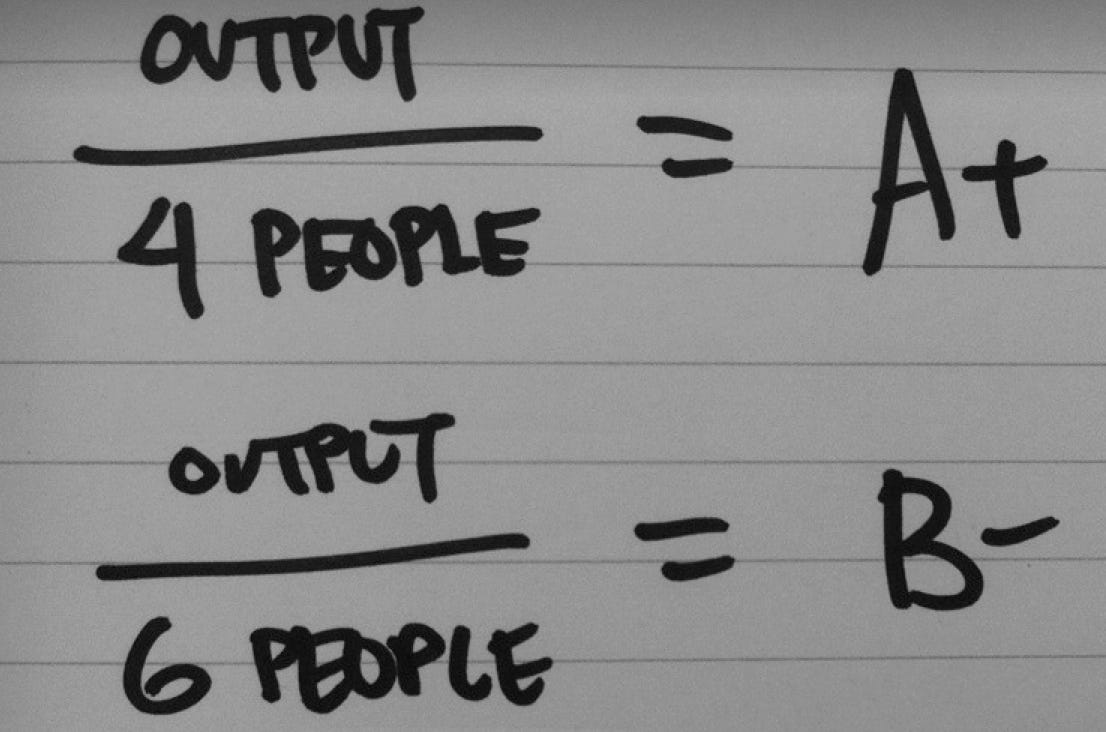Greetings friends,
This is Siddhartha Gautama, a Nepali prince born in ~500 BC also known as “Buddha”. We can divide his life into stages:
He lives a peaceful and comfortable life until age 29.
Then he sees sickness and death and says “screw it I want to explore the world” so he elopes from home and tailgates a group of monks because they seem like they know what they are doing.
He copies these monks for 6 years, then realizes their teachings are bullshit. So he stops these suffering and self-deprivation rituals to settle on what he calls the “middle way”, which I interpret as:
neither…nor attitude toward life. Neither worship comfort nor demonize suffering. Neither deify the poor nor vilify the rich. Et cetera.
“I have meditated day and night, eaten but one grain of rice, drank my own urine. And I have grown emaciated and on the edge of death. Yet after all of these years of practice, I am no closer to Enlightenment than when I left the palace." ~ Buddha
Then he spends the rest of his life trying to teach this to other people but utterly fails so let’s not talk about that.
As I was writing my short origin story, I can’t help but draw parallels—between my life and Buddha’s!
But first, a short blurb on my parents:
I would’ve loved to meet my parents when they were my age. They took a big risk by being the first ones to immigrate from China to the Untied States. This was in the 90s (pre-internet). They knew no one, didn’t speak the language, and had to figure out how make a living for themselves.
I am proudly the first person in my entire family ancestral tree to be born in America!
My father is an inventor, holding US patents in superconductors, batteries, perfumes, razors and non-woven fabrics. His journey started with humble beginnings. A post-doc (in his early 30s) but couldn’t find a job so he became a dishwasher at a Chinese restaurant—which he hated and I believe he got fired at—because he accidentally spilled plates while serving as a waiter!
Later he turned around a great career. His biggest professional regret was entering the wrong field—superconductors back in the day were hot and sexy—much like AI is today—but it never took off—and everyone in that field had to pivot.
My mother is a statistician who did a PhD in Bayesian statistics. She worked at a few large banks and then did a data analytics startup with a co-worker—which ended in a falling-out of their relationship—that made her permanently risk-averse and led her to have a jaded view on entrepreneurship. Then she focused on family for a while and is now back in corporate!
Their joint goal was to enforce their playbook on us (the kids!) My mother being #1 in academics in high school led to her being allowed to immigrate to the US in the first place. Academics was the north star of their major life decisions. From the neighborhood they picked. The schools they chose. The mindset they imparted.
So I went to a great school. I was excellently prepared for university. I graduated an Ivy League school—Cornell University—a top #10 school for computer science—the field I was studying. Got the internships. Research experience. The degree. All of that jazz. And my parents paid for all of it!
At 22 years old, I was set up to live the best average life of my times:
fresh out of college, earning $200K a year at a “prestigious” role. On track to be a millionaire by 30.
was living with very generous hosts, rent-free in a $5M home in a great neighborhood.
in Seattle during the summertime—the best place to spend the summer by weather—in America!
But, like Buddha, I began to experience a growing dissatisfaction:
There is just no way this is all there is to life :(
I’m looking at my peers 1, 3, 5, 10 years ahead of me and I don’t want to be like them!
So I spoke with
. He is the author of the book “The Pathless Path”, an investigation into our relationship with work. His personal journey involves the unwinding of a lucrative consulting career to go into freelance and book publishing—where he’s now living in Thailand with his wife Angie.So I told him I might quit. He told me please reconsider. In hindsight, it was probably smart advice given I had no plan at the time. But his words (spoken and nonspoken) led me to stay at Amazon for 2-3 weeks longer than I alternatively would have. But eventually, I had to listen to my gut and heart—as I was in deep pain at the time.
So I booked a one-way ticket to Bali after watching a 10-minute video about a guy jumping into his pool in the backyard. In hindsight, I probably should’ve done more research. Like figuring out I needed a “Visa” to go to Indonesia. Fortunately I was allowed in/out, and just had to pay an Overstay Fee.
Over the next year, I traveled extensively. I turned it into a little challenge where I’d visit 12 countries in 12 months—spending a month in each. In reality, it was closer to 25 countries. And the total cost of the trip was around $50K.

Here’s what I learned on my travels:
The American media-milieu teaches you a few things. USA is #1. Europe is a vacation spot. Asia is exotic. You’d be crazy to go anywhere else. The rest of the world is third-world, unsafe, full of slums (India), terrorists (the Middle East), drugs (Colombia), starving children (Africa), or indigenous people (Brazil). “For just pennies a day, you can … save a child in Africa,” the stereotypical charity pitch goes…
Such a simplistic worldview was quickly disproven. I found the food delivery system in Southeast Asia to surpass that of the U.S., as did the dynamism of South American megacities and the natural beauty and pleasantness of people in Southern Africa. Hardly anywhere in the world is as dangerous as you’d think (even Kiev, Ukraine in 2023 and Pyongyang, North Korea are easily visitable), with few exceptions:
This is their life—and it’s neither good nor bad:
Early in my travels, I crossed paths with a frail 65-year-old woman carrying a knapsack bulging with 6ft wooden logs on her back—while hiking down a bamboo forest in rural Vietnam. Those logs must’ve weighed more than her; it was the nature of her work. This was the kind of hardship your parents would begin with “back in my day … we had to walk uphill to school both ways.” Surprisingly, I felt no pity toward her. This was her life—and it’s neither good nor bad—went through my head.
“When people see some things as beautiful,
other things become ugly.
When people see some things as good,
other things become bad.”
― Lao Tzu, Tao Te Ching
Envy and pity are two sides of the same coin. When you stop looking down on others, you also stop looking up to them. When you cease to envy, you experience what I call the “wonderful destruction of your heroes”. You see them as flawed human beings, and paradoxically you appreciate them more. You see a piece of you in them and them in you—and a new realm of existence opens up—a plane where admiration, appreciation, and compassion flows…
Was this what Buddha meant by the middle ground?
It’s a great place to be.
Life is more fun on $10,000 a day than on $10 a day:
You might’ve heard lifestyle creep? It’s this idea of bigger paycheck = bigger house, where more income → more spending, keeping up with the Joneses, that sort of thing…
Traveling to places like Mexico and Vietnam lowered my lifestyle floor. I learned that I could live pretty humbly and contently on $10 a day.
But I also realized—that I’d probably prefer to live on $1,000 a day, $10,000 a day, or even $100,000 a day—for no other reason other than life is probably more fun this way.
Eventually, I got bored of travel.
What’s next?
And so began two years of experiments—my previous self would’ve labeled these as “failures”. I won’t go into all of them here but I can make a list if this post gets 100 likes. Here’s an apt Thomas Edison quote: “I have not failed. I've just found 10,000 ways that won't work.”
… At the end my esports career, I paused.
I asked myself:
What do I like? Fashion. Really, Leo? You have no experience in fashion. You don't know any brands. You've been wearing the same boring t-shirts and shorts everyday for the past 15 years. Fashion. What else do you like? Media. Ok, that makes more sense. You've been writing online for a few years. Maybe marry the two?
So I move to NYC to get into fashion media. I brainstorm “content verticals” and start Zero to Fashion Empire. It’s a “behind-the-scenes” blog made to engage an audience by letting people “choose” what I do next.
Starting anew is hard. Two months ago, I set a goal to hit +100,000 Instagram followers—# of followers is a proxy for value-add—but since then I’ve only gained +1 follower—and I’m pretty sure it’s a scam account given their profile picture.
What do fashionistas actually like?
Fashion week.
I need to go to Fashion Week. It’s a month-long tour in September, where designers introduce styles for Spring/Summer of next year. This will be my first time attending—so any leads, tips, or info would be appreciated. I hope by going it will set me up for 2026, 2027, and beyond. 🙏
NYC: Sep 11–16
London: Sep 18–22
Milan: Sep 23–29
Paris: Sep 29–Oct 7
Is fashion what I really want to do?
If I am honest with myself, my passion for fashion is currently—at a 3/4 out of 10. Meaning I can drop fashion tomorrow and not be upset about it. But two months ago, that number was at a 0/1 out of 10. Maybe two months from now it’ll be at a 7/8 out of 10. The more success you achieve, the more your passion rises…
Three weeks ago, I wrote a 50 year vision for what I want to accomplish in fashion. The destination sets the avenue—ie. your goal dictates which actions you take and not take—therefore it is important to define and refine an end state.
I ran my 50-year vision through what I call the “Encyclopedia Galactica Test”:
The Encyclopedia Galactica Test: A scribe 5,000,000 years from now is given the task of telling the tale of humanity. What will they say? Surely the rise and fall of civilizations, major wars, conflicts, rulers, martyrs, saviors, but also knowledge, technologies, discoveries, regulations, inventions, and qualitative leaps in paradigms and progress!
Will my actions be in the Encyclopedia Galactica?

Will your actions be in the Encyclopedia Galactica?
After studying human history, I found that most of human history is stasis—the next generation is the same as the previous one. But over the last 3,000 years, two factors significantly moved the needle:
Technologies: wheel, fire, papyrus, printing press, steam engine, gunpowder, atomic bombs, car, boat, airplane, computer, internet, lasers, compass, clock, camera, radio, TV, smartphone, GPS, rocket, et cetera.
Ideas: algebra, calculus, free market, debt, democracy, rule of law, cryptocurrency, marxism, language, relativity, laws of motion, human rights, religion, evolution, fallibilism, et cetera.
Optional: For subscribers of the “Great Man Theory of History”, you might believe in the significance of individuals: Jesus, Aristotle, Alexander, Caesar, Muhammad, Napoleon, Genghis, MLK, Gandhi, Churchill, et cetera.
Your goal is—not to be in the Encyclopedia Galactica for the sake of it—that’s a very ego-driven move. The better question is—what actions can I take over my lifetime that will put me in the Encyclopedia Galactica (for a positive reason)? I believe—seeking the answer to that question—will lead to a lifetime of adventure and fulfillment.
Human creativity underpins all things. Things don’t tend to get built if there’s no will to build it. Ideas don’t spread unless somebody conceives of it.
All of the known laws of physics are sufficient to explain what we see out there in the cosmos.
But the laws of physics alone will not be able to explain the appearance of Tokyo.

Will fashion put me in the Encyclopedia Galactica?
Maybe. Maybe not.
We’ve long since reached the point where clothing was for “utility” purposes—protecting us from the rain and snow and sun. Exceptions may be: spacesuits, deep underwater suits, and dressing up robots. I believe—until the invention of nano-materials—we won’t see a 10x or 100x improvement in clothing. Fashion is super fun—don’t get me wrong—but I doubt it’ll move the needle in terms of the trajectory of humanity.
This suspicion is confirmed by reading Masayoshi Son:
Masa is a personal hero of mine. His role is investing capital in technology companies to manifest a better future. Into groups building robotics, semiconductor chips, wireless networks, and even new cities like Neom in Saudi Arabia and Nusantara in Indonesia.
Here’s a taste of Masa:
A company asks for $100M.
Masa offers $300M.
If they do not present a case for how they would use that $300M—if they say “no thanks we’re good we only need $100M.”
Then Masa concludes—their vision is not big enough—and he does not invest.
I realized—I have to get into technology.
It is the vector of highest impact for human lives.
So I updated my playbook:
Go into fashion media for the next 10 years. Get rich. Make a fortune.
While keeping up to date with the bleeding edge of technology
I believe fashion media is far more lucrative than working at Amazon
Then go into technology investing.
Invest in projects that manifest the future I want to have. To create the world I want to live in
A better world—for our kids and grandkids and future generations
With that being said, I’m still a writer!
In the next 90 days, here are some essays I plan to write:
I’ll share 10 equations to help you navigate our increasingly complex world
and a thesis as to where the world is heading in the next 10-30 years
and a perspective on how to set a healthy bi-directional relationship with dopamine.
Until next time!
Leo
PS: I’ve learned a lot about how to win the corporate game at Amazon. If you’re interested, I’ve attached a playbook in the footnotes.1
For anyone who playing the corporate game—here is how you win.
Follow these steps:
Put yourself on projects that are “indispensable” to the company. This makes you “unfireable”.
Manage your manager. Set expectations below your potential so you “hit” or “smash” your goals just by being average.
Invest in optics. Put in time and effort to show people you’re a “valued contributor”.
One easy way is to be the note-taker for the group.
Another is to constantly remind your manager of your value.
A third is to find a few metrics related to your work that “sound impressive”. Package these and email them to your manager so he copy-and-pastes them into your performance review. He/she will appreciate it because it’ll save them time. And when promotions come, you’ll stand out.
When negotiating a raise, being irrational is often more effective than being rational. What’s more persuasive? Somebody saying “Sir. Let us sit down and debate the merits and justifications whether I should get a raise or not” or “Please… I need to take care of my family… I’ve got a special needs child… My costs have all gone up… And I looked around and I know I can make more money working at this other company, but honestly I see the people around here are making more than me and it’s driving me nuts!!! You see what they contribute and I don’t think I can work at a company like this...”
Don’t forget the table stakes stuff: show up on time, respond quickly, complete responsibilities, dress nicely, maintain composure, be a nice human being, et cetera.
Understand the principal-agent problem. It is a misalignment of incentives and the easiest way to explain is through an example:
Imagine you have a boss (= the principal) and an employee (= the agent). Let’s say the boss’s top-level incentive is to “grow the company” while the employee’s top-level incentive is to “provide for his family”.
You might think this is not a big deal—but it is.
For example, the boss might be readily willing to work an extra 20% to “grow the company” whereas the employee will not do so—especially if he is not getting paid in overtime—because it does not help him “provide for his family”.
The more you think like a principal, the higher up you’ll rise. Here’s the difference:
Agent: Me want raise!!
Principal: What’s my budget? Does it make sense?

Here’s where I’d be careful. If you ever want to become a principal yourself, or hop over to a different game, then you may have to unlearn some corporate beliefs, such as:
the expectation that work will be “handed” to you
tying your value to hours put in. It’s no surprise why so many corporate people are scared of ChatGPT and AI…
a focus on maintaining appearance over getting results, eg. staying in a useless meeting to signal you’re a “team player”
group-thinking to advance any decision
Hope this helps!





After the buddha reference I'm doubly prompted to suggest the meditation retreat as an experience that would provide a useful perspective. The universe is its own company, and getting yourself assigned to the self-awareness project makes you indispensable.
…a pleasure to read more of your story and goals…made me think of the idea that to be remembered tomorrow you must first be remembered today…i wonder if embracing your buddha past/path can shed more light along the way…. there is a reason their story is retold today while many peer’s are not…i know not why that is but imagine the more you meet that inquiry the more you might tether to a similar trajectory…i sometimes get asked “don’t i know you from somewhere” and when alert enough i generally answer “yeah, of course, here.”…